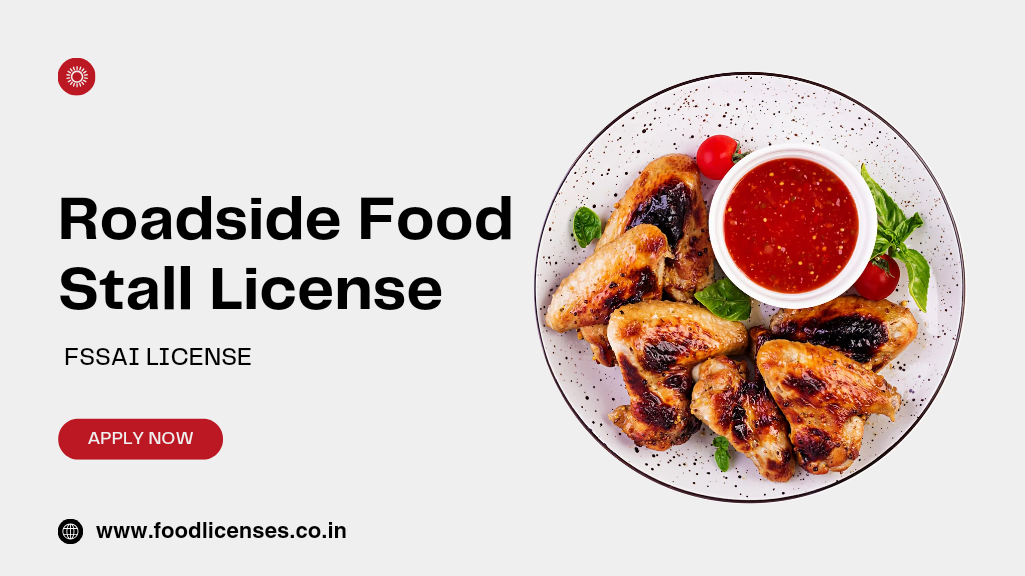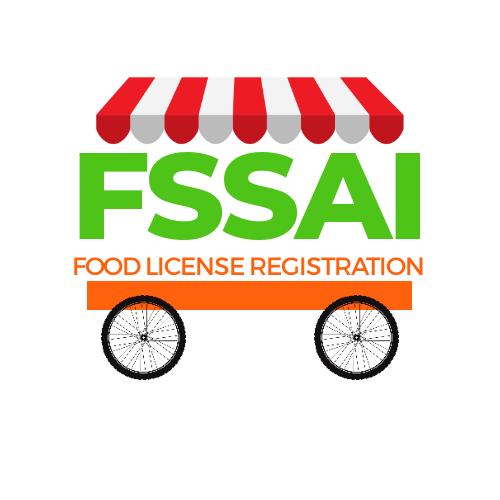Unveiling the Secrets: Roadside Food Stall License Guide
Introduction
Starting a roadside food stall can be a rewarding venture, but navigating the licensing process is crucial. This comprehensive guide provides step-by-step insights, FAQs, and essential tips to obtain a license for your roadside food stall.

1. Understanding the Roadside Food Stall Business
Before diving into licensing requirements, it’s essential to grasp the nature of the roadside food stall business. This includes identifying your target audience, deciding on a niche, and selecting a strategic location.
2. Steps to Obtain a Roadside Food Stall License
2.1 Research Local Regulations
Different regions may have specific regulations governing roadside food stalls. Research and understand the local rules and guidelines.
2.2 Choose a Suitable Location
Select a location that aligns with local zoning laws and ensures high footfall. Obtain necessary permissions from the property owner if required.
2.3 Business Structure and Registration
Decide on a suitable business structure (sole proprietorship, partnership, etc.) and register your business with the local authorities.
2.4 Food Safety and Hygiene Standards
Adhere to food safety and hygiene standards set by the local health department. This may involve training staff and implementing proper sanitation practices.
2.5 Obtain a Food Vendor License
Apply for a food vendor license from the local health department or municipal corporation. This license is essential for operating a food business.
2.6 FSSAI Registration
Register your roadside food stall with the Food Safety and Standards Authority of India (FSSAI) to ensure compliance with food safety standards.
2.7 NOC from Local Authorities
Obtain a No Objection Certificate (NOC) from local authorities, ensuring your business does not violate any regulations or disturb the peace in the area.
2.8 Fire Safety Measures
Implement necessary fire safety measures and obtain a clearance certificate from the local fire department.
2.9 Signage and Display Rules
Comply with local signage and display rules. Ensure your stall’s appearance meets the standards set by municipal authorities.
2.10 Renew Licenses Periodically
Keep track of license expiration dates and renew them promptly to avoid legal complications.
3. Frequently Asked Questions (FAQs)
FAQ 1: Do I Need a License for a Small Roadside Food Stall?
Yes, regardless of the size, any food stall operating in a public space requires proper licensing to ensure compliance with health and safety standards.
FAQ 2: How Long Does It Take to Get a Roadside Food Stall License?
The duration varies based on location and the efficiency of local authorities. It may take a few weeks to a couple of months.
FAQ 3: Can I Operate Without a Food Vendor License?
Operating without the necessary licenses can lead to legal consequences, including fines and closure of your stall. It’s essential to comply with regulations.
FAQ 4: What Are the Key Food Safety Requirements?
Food safety requirements include proper storage of ingredients, maintaining hygiene, and following safe cooking practices. Staff should undergo relevant training.
FAQ 5: Can I Move My Roadside Food Stall to Different Locations?
Moving your stall may require additional permissions, especially if the new location falls under different municipal regulations. Check with local authorities before relocating.
FAQ 6: Is FSSAI Registration Mandatory?
Yes, FSSAI registration is mandatory for all food businesses, including roadside stalls, to ensure the safety and quality of food products.
FAQ 7: How Can I Ensure Fire Safety?
Install fire extinguishers, follow proper electrical wiring practices, and obtain a fire safety certificate from the local fire department.
FAQ 8: Can I Operate a Roadside Food Stall Without NOC?
No, a No Objection Certificate (NOC) from local authorities is crucial to verify that your business complies with local regulations.
FAQ 9: Are There Restrictions on the Type of Food I Can Sell?
Certain locations may have restrictions on the types of food you can sell. Check with local health departments for guidelines on permissible food items.
FAQ 10: What Penalties Can I Face for Non-Compliance?
Penalties may include fines, license revocation, and closure of the stall. It’s essential to adhere to all regulations to avoid legal consequences.
4. Tips for a Successful Roadside Food Stall Business
Tip 1: Maintain Cleanliness
Regularly clean your stall and surroundings to ensure a hygienic environment, attracting more customers.
Tip 2: Offer Unique and Quality Food
Differentiate your stall by offering unique and high-quality food items to stand out in the competitive market.
Tip 3: Engage with the Community
Build a rapport with the local community to garner support and repeat business.
Tip 4: Embrace Digital Marketing
Utilize social media and other digital platforms to promote your roadside food stall and attract a wider audience.
Tip 5: Pricing Strategy
Set reasonable prices to attract customers while ensuring profitability for your business.
Tip 6: Advertise Specials and Promotions
Run promotions and specials to entice customers and create a buzz around your stall.
Tip 7: Ensure Quick Service
Efficient service is crucial. Ensure quick and friendly service to keep customers satisfied and coming back.
Tip 8: Stay Updated on Food Trends
Regularly update your menu to incorporate popular food trends and meet changing customer preferences.
Tip 9: Monitor Food Quality
Consistently monitor the quality of your food items to maintain a positive reputation.
Tip 10: Comply with Feedback
Listen to customer feedback and make necessary improvements to enhance your roadside food stall’s reputation.
5. Conclusion
Launching a roadside food stall requires diligence in obtaining the necessary licenses, ensuring compliance with regulations, and providing excellent service. By following this guide, you’ll be well-equipped to start and run a successful roadside food stall, delighting customers with delicious offerings in a legal and safe manner.

